In industries where reliable communication is essential—like construction, event management, security, and logistics—two-way radios remain a preferred tool. However, a common dilemma arises: should you buy or rent two-way radios? This guide will help you evaluate the key factors to make the best decision for your organization.
1. Assess Your Communication Needs
- **Short-Term vs. Long-Term Use:** If your project or event is temporary (like a music festival or construction site), renting may be more cost-effective. For continuous operations, purchasing radios offers better long-term value.
- **Frequency of Use:** Frequent daily use often justifies ownership, while occasional use might not warrant the investment.
2. Financial Considerations**
- **Upfront Costs:** Buying radios requires significant upfront capital. Renting allows you to access high-quality equipment without a large initial expense.
- **Operational Expenses:** Ownership includes maintenance, repairs, and battery replacements. Rental fees typically cover these costs, offering predictable budgeting.
3. Flexibility and Scalability
- **Adaptability:** Rentals provide flexibility to scale up or down based on project size or event needs. Buying radios might limit this adaptability unless you invest in excess units.
- **Latest Technology:** Rental providers often offer the newest models. Purchasing radios might leave you with outdated equipment over time unless you continuously upgrade.
4. Maintenance and Support
- **Repairs and Replacements:** Rental agreements often include maintenance, reducing downtime if equipment fails. Owned radios require in-house troubleshooting or external service contracts.
- **Technical Support:** Rental companies frequently offer on-call support, while purchased radios may require additional service agreements.
5. Regulatory Compliance
- **Licensing Requirements:** Depending on your location, certain two-way radios require FCC licensing. Rental companies often manage licensing, while ownership means you’re responsible for compliance.
When to Buy:
- Long-term, daily use
- Stable workforce size
- Budget for maintenance and upgrades
- Need for customized communication systems
When to Rent:
- Short-term projects or events
- Temporary workforce
- Need for the latest technology without commitment
- Limited budget for upfront costs
Conclusion
Choosing between buying and renting two-way radios depends on your specific operational needs, budget, and project duration. Evaluate the factors above to make an informed decision that ensures seamless communication for your team.
**Need Help Deciding?** Contact us for personalized recommendations tailored to your organization’s requirements.


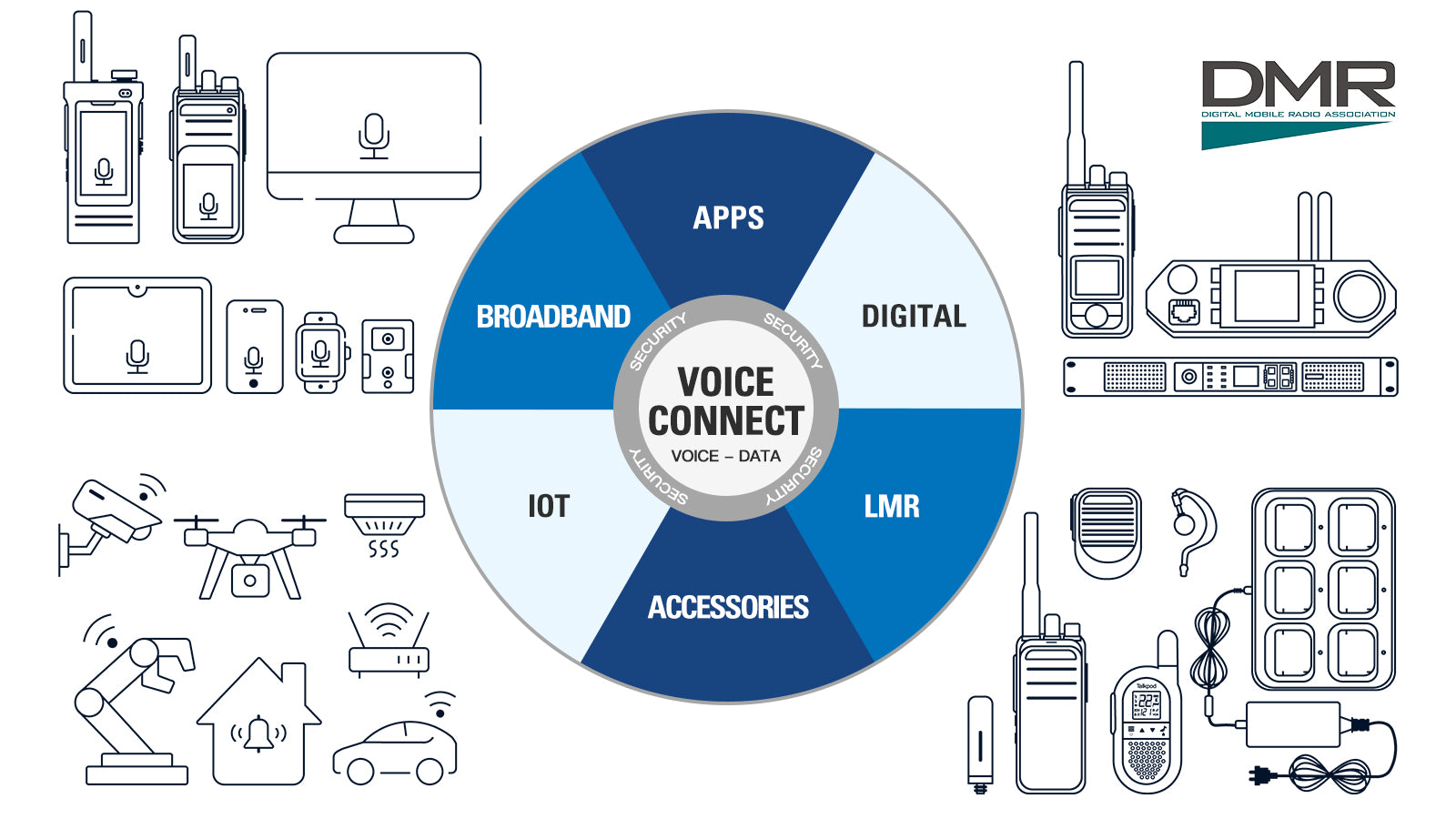


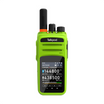
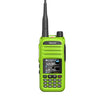
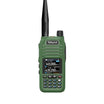
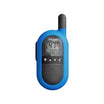


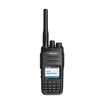
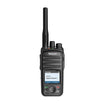
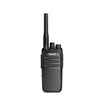
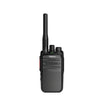
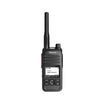
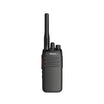
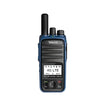
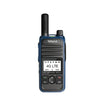
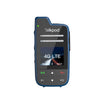
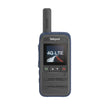
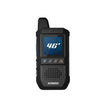
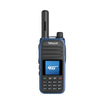
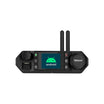
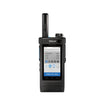
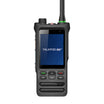


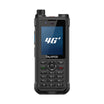
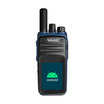
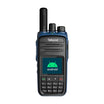
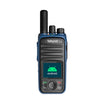
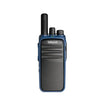
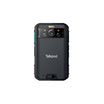
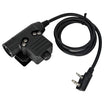
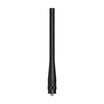
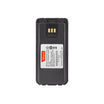
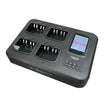
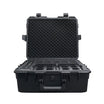

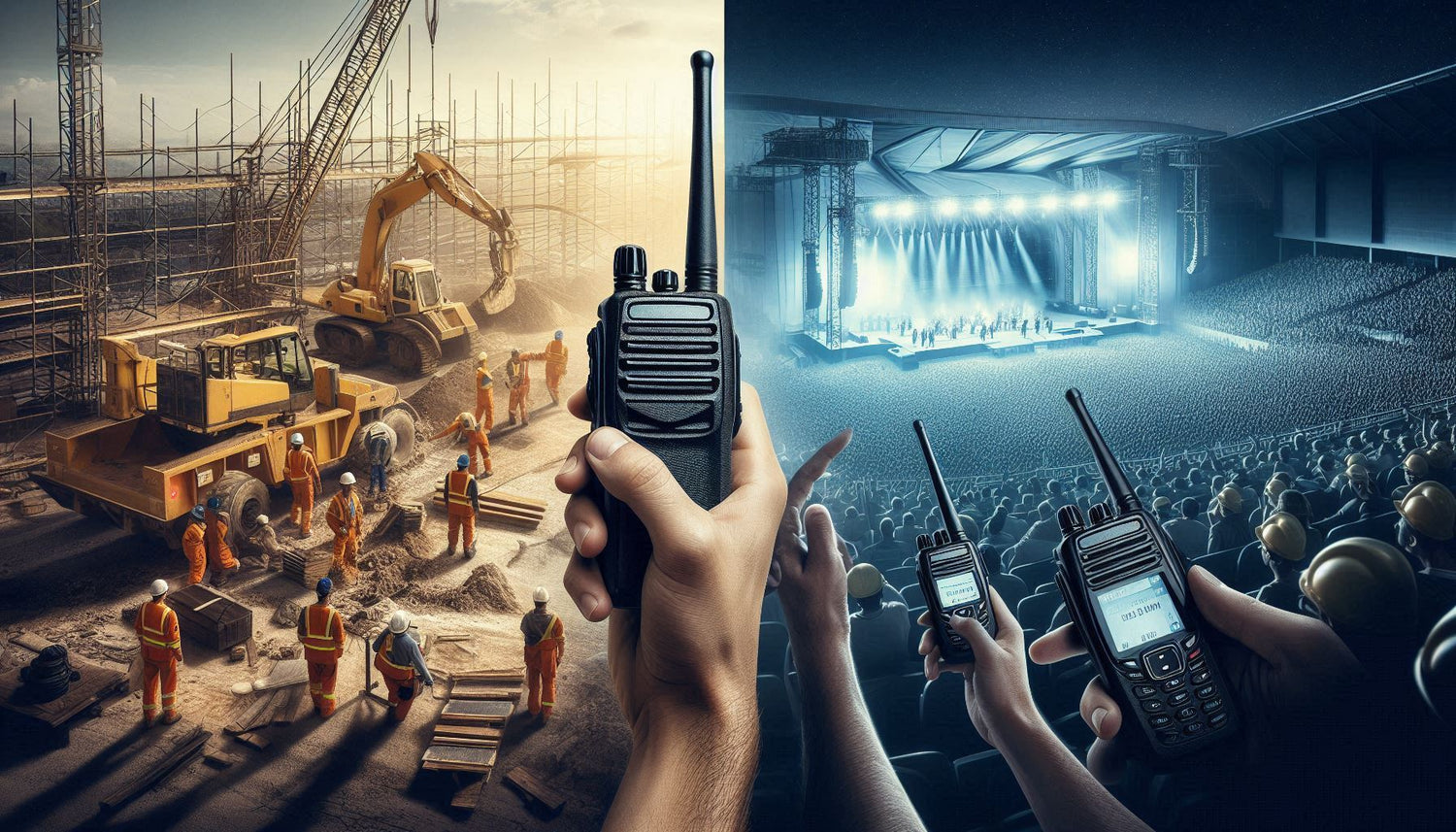


Leave a comment
All comments are moderated before being published.
This site is protected by hCaptcha and the hCaptcha Privacy Policy and Terms of Service apply.